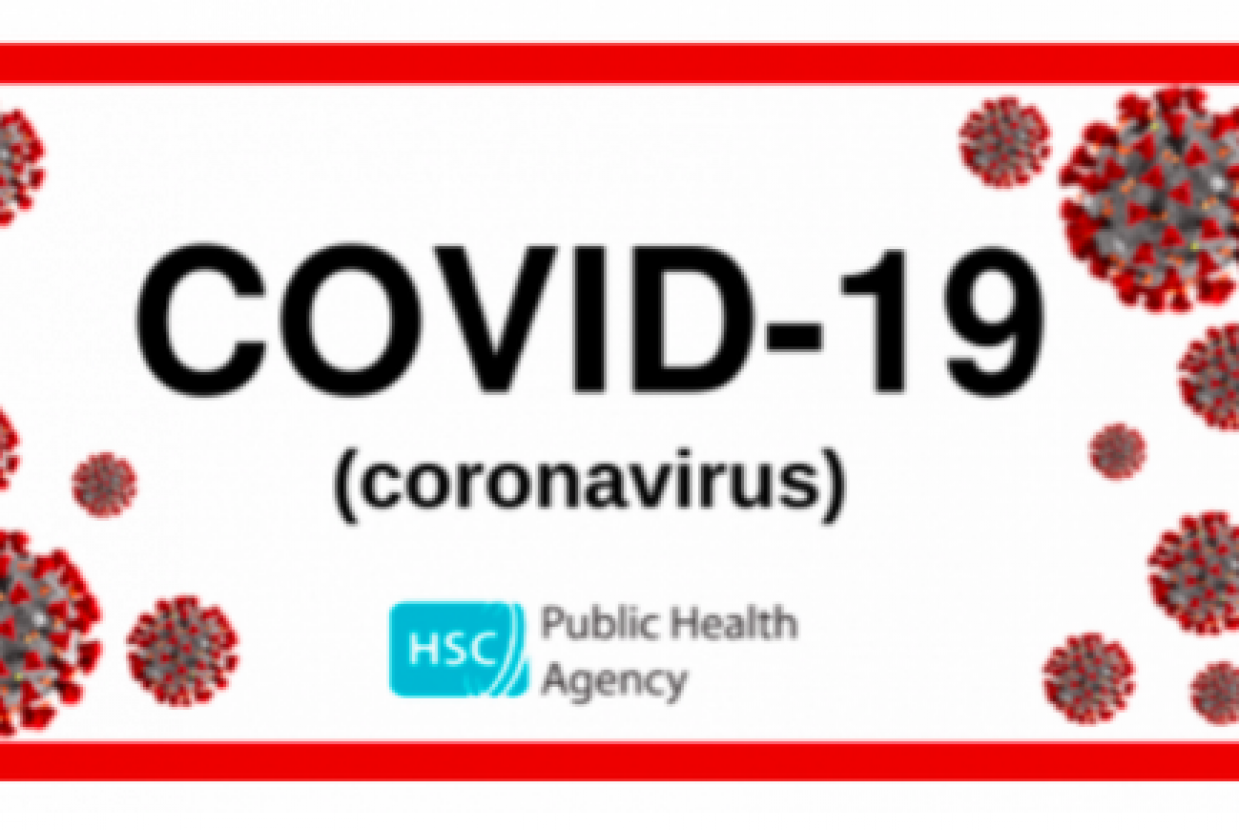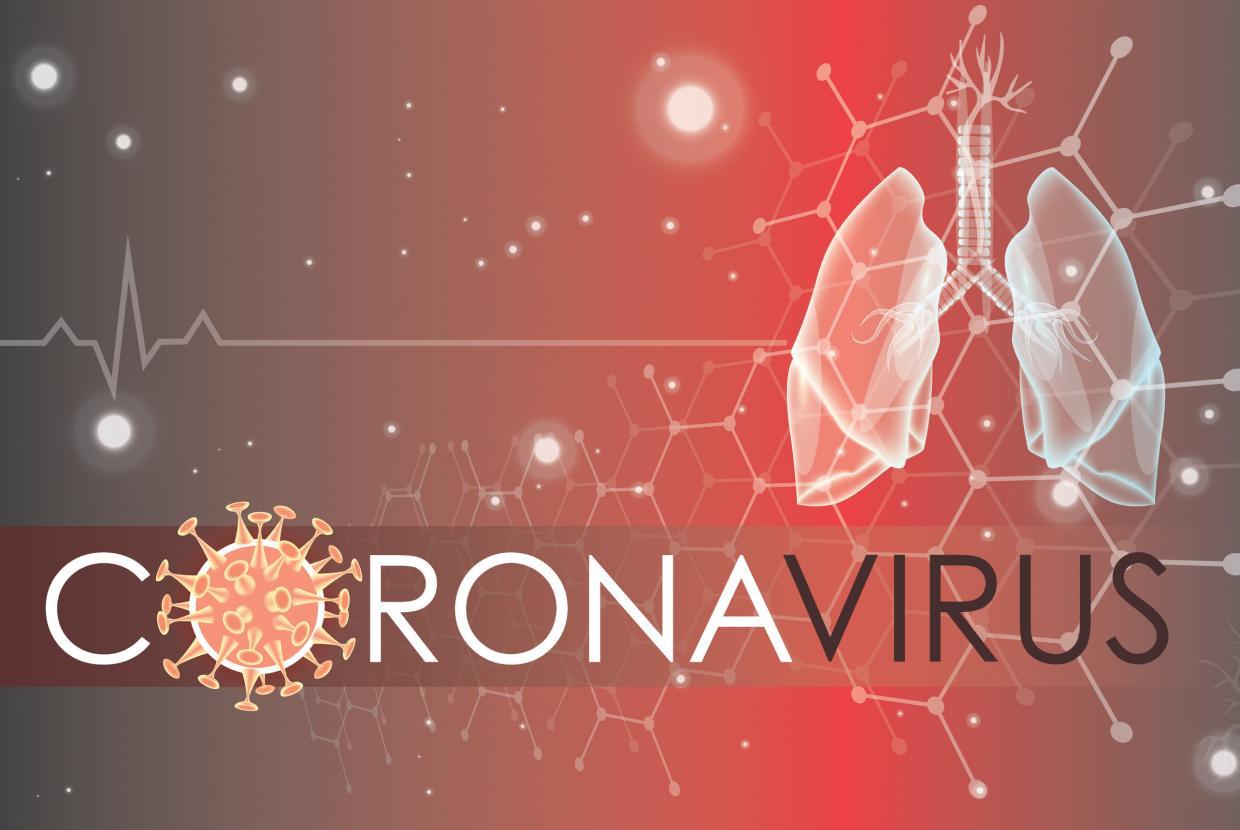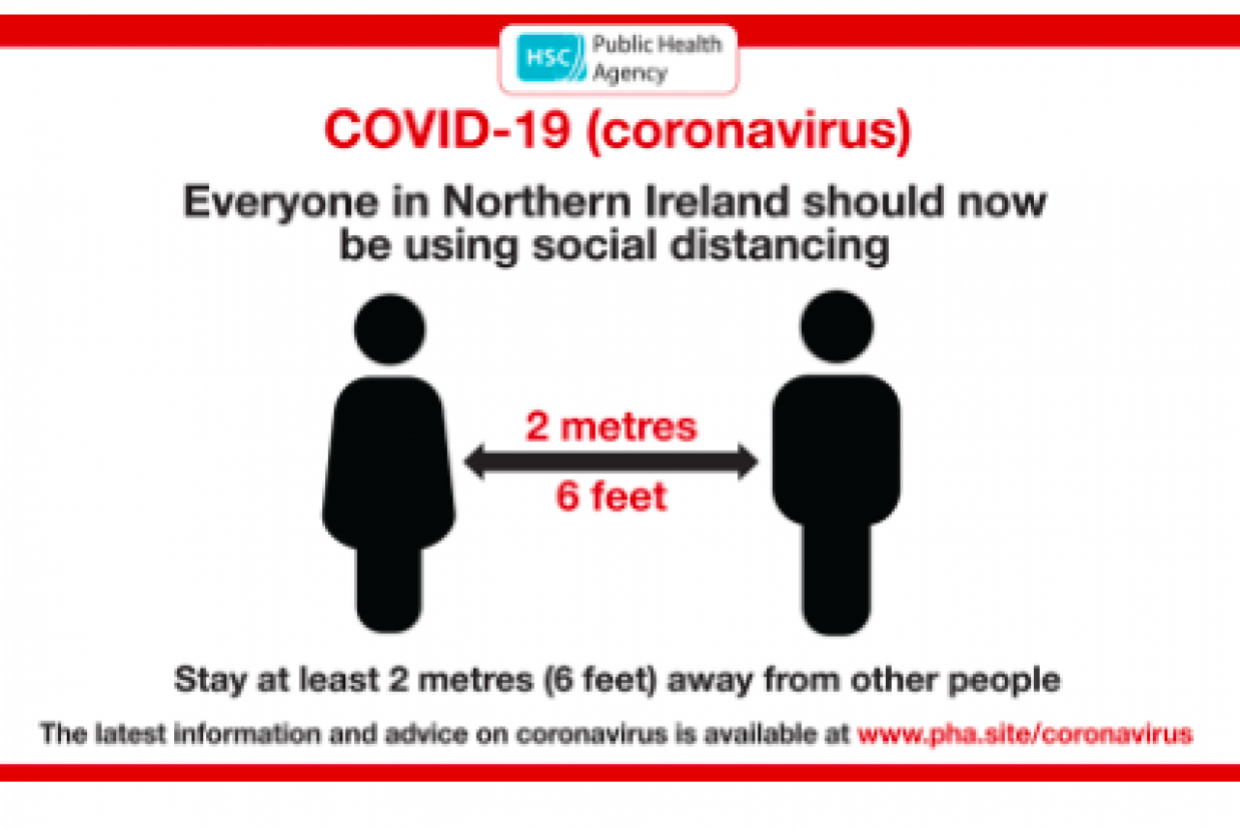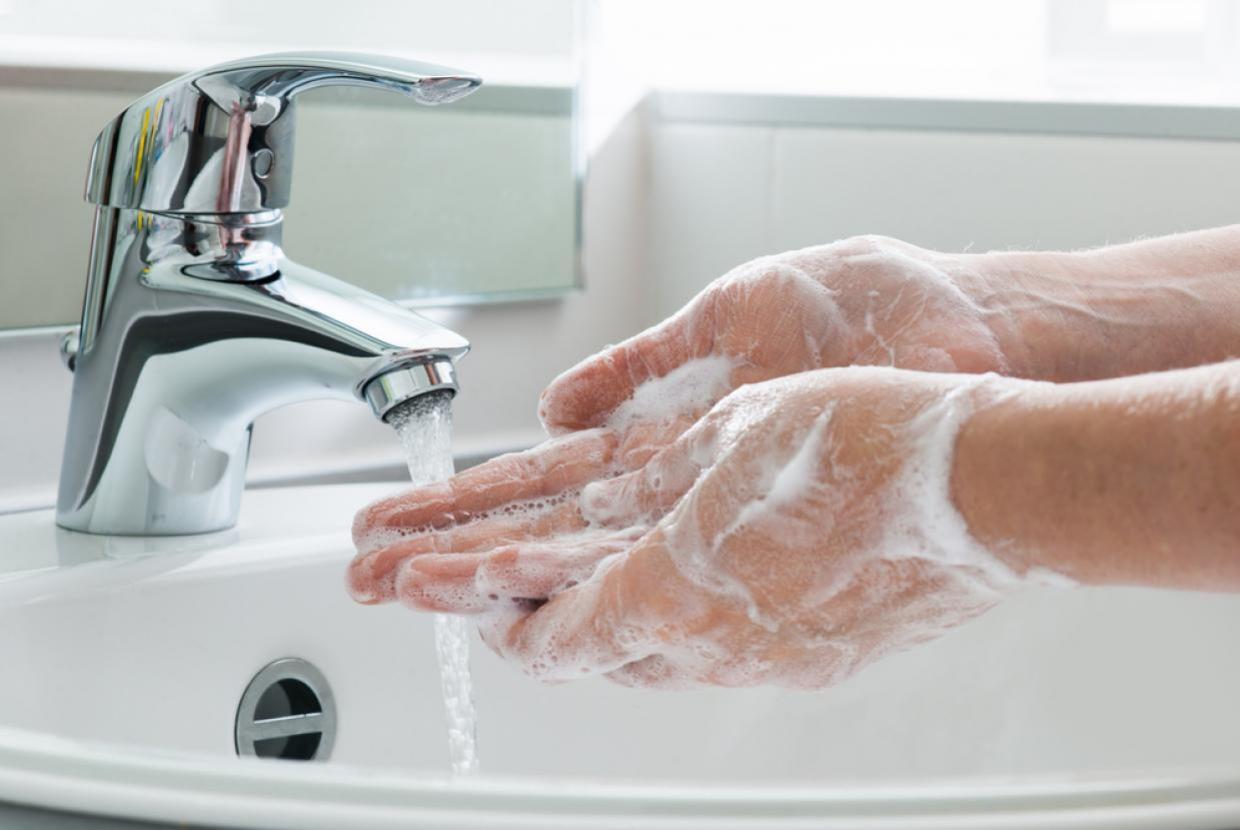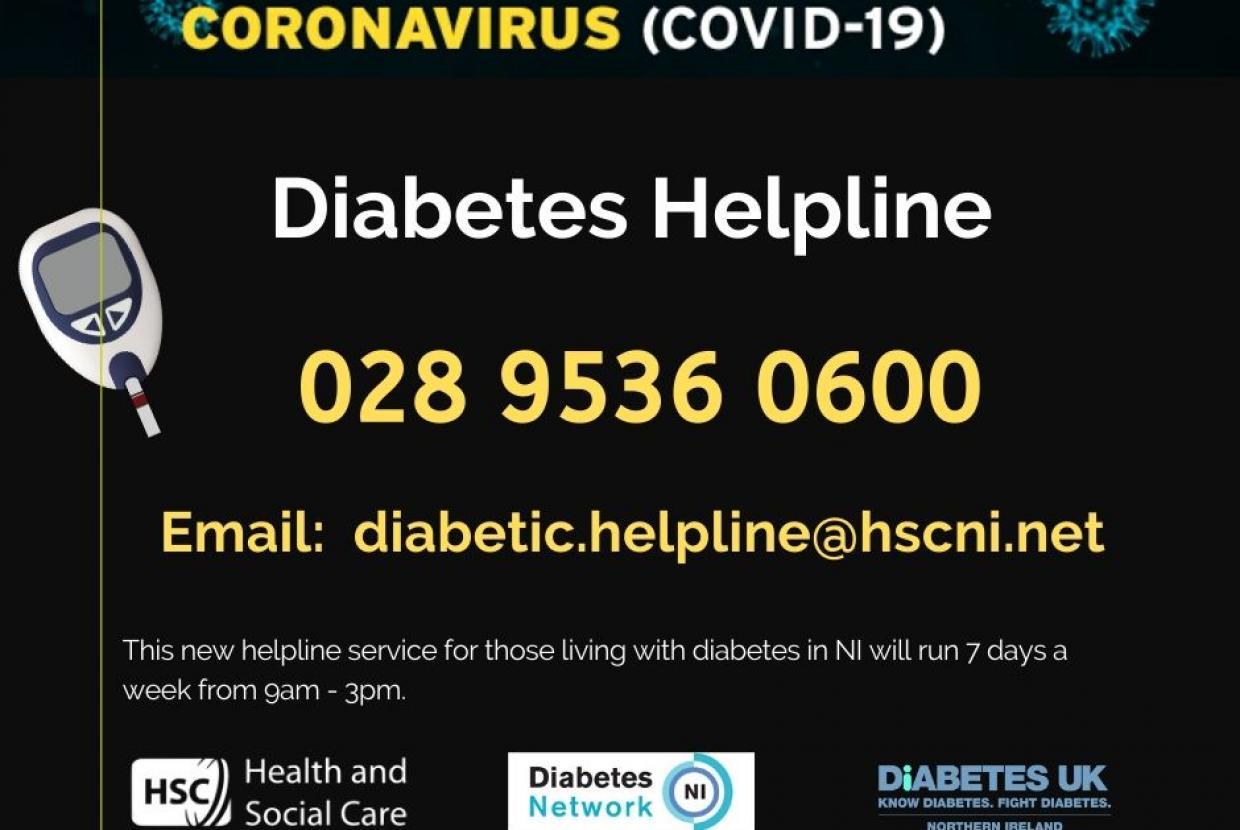Fatigue
Being unwell and recovering from an illness may make you feel tired. Fatigue is feeling tired all the time and is not relieved by sleep and rest.
When recovering from COVID-19 (coronavirus), you may feel you need to sleep more or feel exhausted after only taking a short walk.
Even simple things, like washing and dressing, can be exhausting.
While you were ill, your muscles may not have had to do any work for a while. They need time to build their strength again.
Symptoms of fatigue
Symptoms of fatigue include:
- doing tasks in the wrong order
- finding it increasingly difficult to perform more than one task at once
- forgetting to do things often
- working on automatic and not thinking
- falling asleep for small amounts of time
- feeling tired or yawning all the time
- being more irritable than usual
- being frustrated by tasks
- having difficulty concentrating
- being uncommunicative
Reduce tiredness and fatigue
You can reduce tiredness and fatigue by:
- developing a healthy sleep routine
- having a nap when you can, if you need to
- drinking plenty of water to keep hydrated
- eating nutritional food
Conserving your energy
Your energy needs will fluctuate from day to day and hour to hour. It is good to exercise but do so wisely. Take your time and set small goals.
Tips to help you conserve your energy
- Do activities that you are comfortable doing - if a task is difficult, learn to stop and change what you are doing.
- Wait an hour or more after eating prior to exercising.
- Start with short walks, or carrying out a simple task such as making a sandwich and then taking a rest.
- Do a little more each day, but avoid 'overdoing it.'
- Break tasks down into chunks and rest in between each task.
- Organise your home so that the items you use a lot close to you.
Slow down
Try and spread your activities throughout the day. This is better than doing as much as possible in the morning and then resting all afternoon.
Do not compare yourself to others or what you think you ought to be able to do. Build up the task slowly and at a steady rate regardless of your fatigue.
Write your plan down and record your progress.
Walking
At first, you may find walking difficult. You may have shortness of breath when you move about.
Set short realistic goals. For example, walking to the toilet at first.
Increase the distance you walk indoors, perhaps to the front door. You can do more when you feel able.
When you do start to go outside, keep an eye on how far you walk. Wherever you walk to, you will need enough energy to walk back.
Stairs
Due to tiredness or fatigue, you may find the stairs hard to manage on a daily basis. If you do, limit your use of them. Plan your trips up and down and keep things you need during the day downstairs.
A physiotherapist or occupational therapist can visit and assess your home. They can suggest changes to support you to live as independently as possible.
Talk to your GP to arrange this.
Getting out of bed
If you have spent long periods of time in bed your blood pressure may take some time to adjust.
If you stand up from the side of your bed too quickly you may become dizzy. Take your time. This will help you to get your balance.
When getting out of bed:
- take it slow
- sit on the edge of the bed
- do not rush
When you are out of bed, you may want to have a wash or a shower. This can drain your energy, so have a rest before and after.
If possible, use a seat while you're at the sink. This may be helpful for washing, shaving and other self-care tasks. Make sure the seat is in a safe position.
Going to the toilet
Going to the toilet is one of the many daily activities that can reduce your energy levels.
Try to avoid constipation. Straining to open your bowels can cause increased demand on your energy. Drink fluids and eat plenty of fibre, fruit and vegetables.
Taking a shower
Make sure the room is well ventilated. Rest before and after a shower, if needed.
Do not have a shower if you feel too tired. Standing facing the shower can cause you to become more breathless. You may find it easier to have your back to the shower jet. A seat in the shower and a non-slip mat may also help.
If showering is too tiring, you could have a wash sitting by the sink. Gather all your wash items before you start, so you have everything in one place.
Getting dressed
Before you get dressed, try and make sure you have all the clothes you need close by.
You might want to wear things that are easy to put on such as slip-on shoes. If possible, ask a family member to help you if you need it. Try to sit down when getting dressed. Take your time. Finish one part of the task and then have a rest.
Limit bending where possible. Use long-handled equipment such as a shoehorn.
Make sure that you have given yourself plenty of time to complete your task and have a rest after if you need it.





